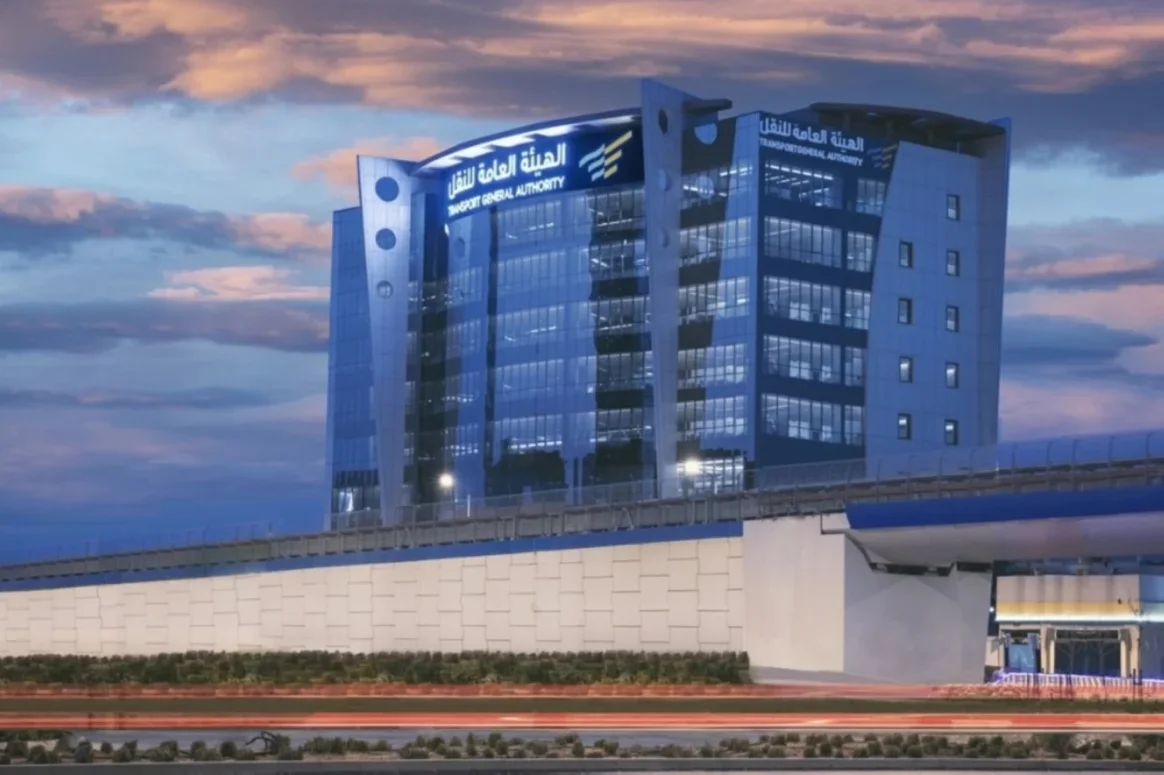The regulatory teams of the General Transport Authority recorded 47,000 violations through conducting more than 357,000 inspections of land transport activities during July across various regions and cities of the Kingdom.
The teams observed a compliance rate of 92%, with the Riyadh region leading the highest number of inspections at over 98,000 operations, followed by the Eastern Region with 57,000 operations, then Madinah with 22,000 operations, Qassim with 20,000 operations, Asir with 19,000 operations, and Jazan with 17,000 operations. The remaining operations were distributed across other regions of the Kingdom.
The regulatory teams in the maritime transport sector conducted more than 9,600 inspections
The regulatory teams in the maritime transport sector also conducted more than 9,600 inspections, achieving a compliance rate of 99%. The Eastern Region recorded the highest number of inspections with 3.5 operations, followed by the Makkah region with 2.5 operations, and the Jazan region with 2.3 operations, while the remaining inspections were distributed across other regions of the Kingdom.
It was noted that the violations recorded in the land transport sector varied, including operating vehicles that did not meet required conditions, lacking cargo transport documents, operating vehicles without an operation card, and apprehending drivers without a professional driver’s license or hazardous materials transport card.
These efforts are part of the Authority’s initiatives to enhance compliance with approved regulations and reduce violations, contributing to the improvement of the transport sector and ensuring the provision of safe and reliable transport services for beneficiaries.
General Transport Authority
The General Transport Authority (GTA) is a government agency responsible for regulating and overseeing transportation systems, including road safety, vehicle licensing, and public transport operations. Established to ensure efficient and safe mobility, its history often ties to the development of national infrastructure and transportation policies. Specific details vary by country, but GTAs typically play a key role in modernizing transport networks and enforcing compliance with traffic laws.
Riyadh region
The Riyadh region, located in central Saudi Arabia, is the country’s political and administrative heart, with its capital city, Riyadh, serving as the national capital. Historically, it was a key trade and pilgrimage route hub, and the ancestral home of the Al Saud dynasty, which unified modern Saudi Arabia in 1932. Today, it blends ancient heritage sites like Diriyah (a UNESCO World Heritage Site) with rapid modernization, including skyscrapers and cultural landmarks.
Eastern Region
The Eastern Region of Saudi Arabia is a historically significant area known for its vast oil reserves, ancient trade routes, and rich cultural heritage. It is home to the UNESCO-listed Al-Ahsa Oasis, one of the world’s largest natural oases, with a history dating back thousands of years. The region also includes key cities like Dammam and Al-Khobar, which have grown into modern hubs while preserving traditional customs and archaeological sites.
Madinah
Madinah, also known as Medina, is a sacred city in Islam, located in western Saudi Arabia. It is the second holiest city in Islam after Makkah and is renowned as the burial place of the Prophet Muhammad (PBUH), as well as the site of his mosque, Al-Masjid an-Nabawi. Established as a city in the 6th century BCE, it became the center of early Muslim governance after the Prophet’s migration (Hijrah) from Makkah in 622 CE, marking the beginning of the Islamic calendar.
Qassim
Qassim (or Al-Qassim) is a region in central Saudi Arabia known for its agricultural significance, particularly its date palm groves and wheat production. Historically, it was a key trade and cultural crossroads in the Arabian Peninsula and played a role in the unification of Saudi Arabia under the Al Saud dynasty. The region is also home to cultural landmarks like the Al-Bassam Heritage House and hosts traditional festivals celebrating its heritage.
Asir
Asir is a mountainous region in southwestern Saudi Arabia known for its stunning landscapes, cool climate, and rich cultural heritage. Historically, it was home to ancient tribes and trade routes, with its capital, Abha, serving as a cultural hub. The region is famous for its traditional villages, terraced agriculture, and vibrant festivals, reflecting its deep-rooted history and unique traditions.
Jazan
Jazan (or Jizan) is a vibrant city in southwestern Saudi Arabia, located near the Red Sea coast. It serves as the capital of the Jazan Province and is known for its fertile agricultural lands, historic forts, and cultural heritage tied to the ancient Tihama region. The area has a rich history, with influences from early Arabian civilizations, Ottoman rule, and its role as a key trade and fishing hub. Today, Jazan is also developing as part of Saudi Arabia’s economic diversification plans, including the Jazan Economic City.
Makkah region
The Makkah region, located in western Saudi Arabia, is the holiest site in Islam, home to the sacred city of Mecca (Makkah), where the Kaaba—Islam’s most revered shrine—is situated inside the Grand Mosque (Masjid al-Haram). According to Islamic tradition, Mecca was the birthplace of the Prophet Muhammad and the destination of the annual Hajj pilgrimage, a duty for Muslims worldwide. Historically, it was a key trade and religious center in the Arabian Peninsula even before Islam, with the Kaaba believed to have been built by the Prophet Abraham (Ibrahim) and his son Ishmael (Ismail).






